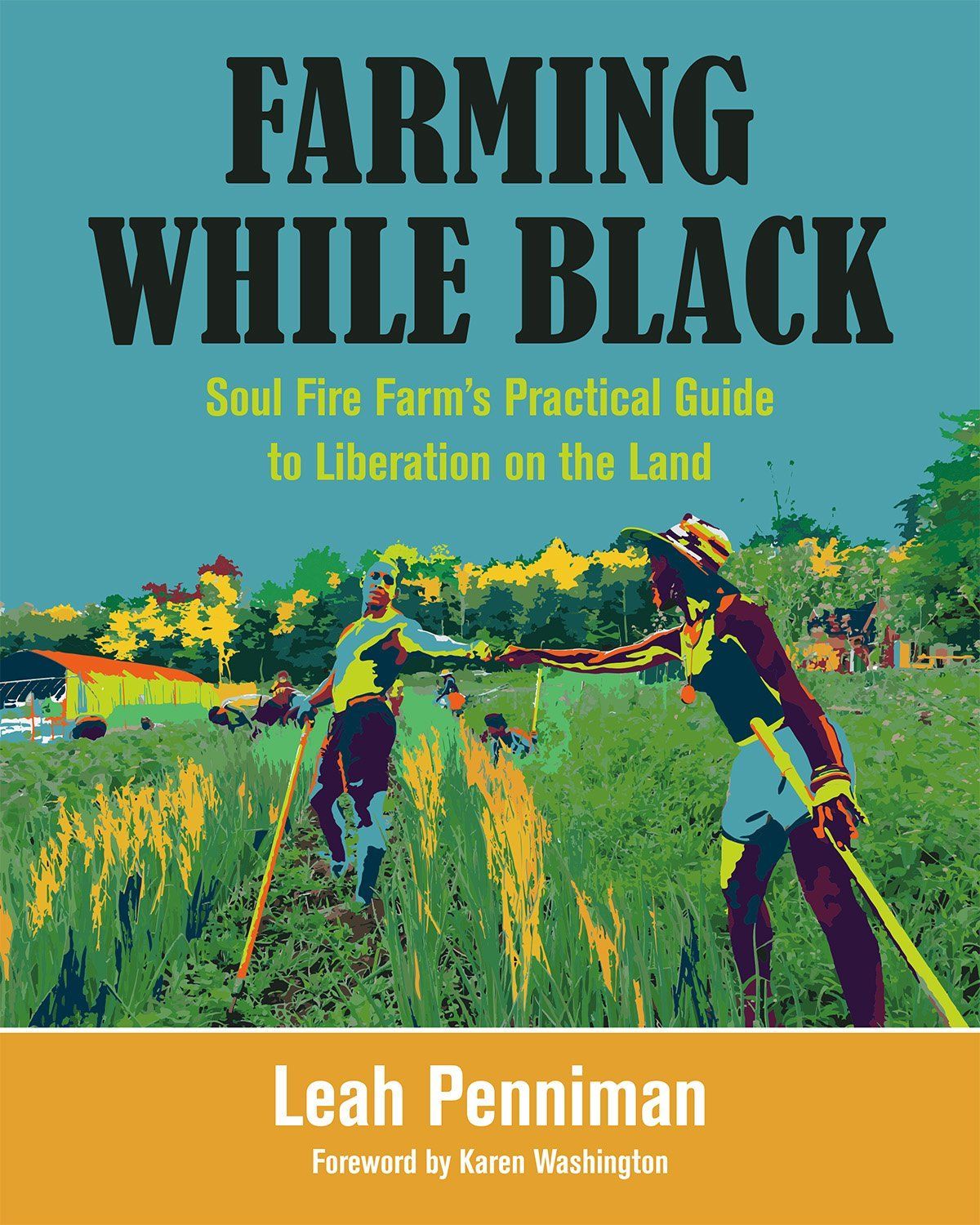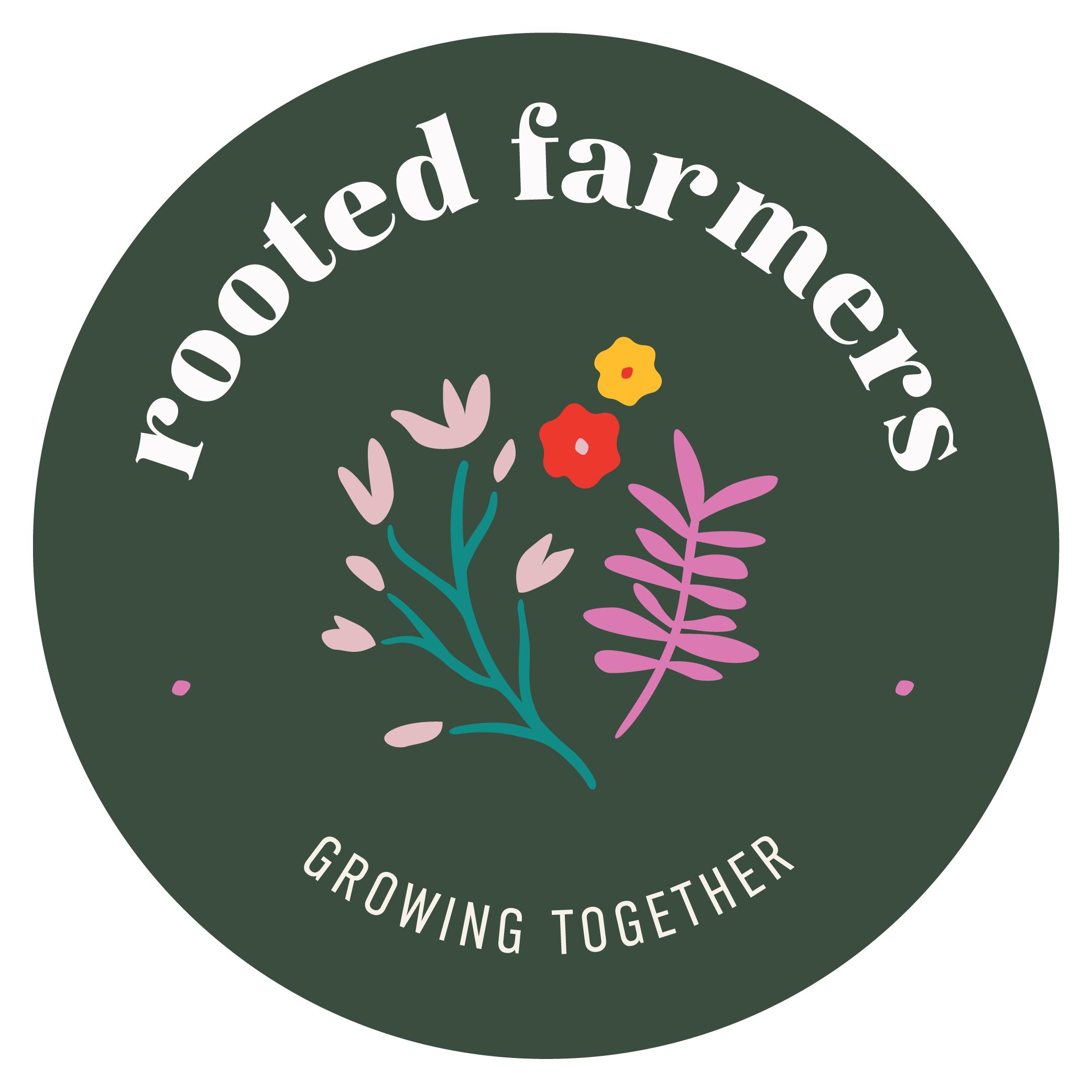
"According to African American philosopher and civil rights leader Howard Thurman, your task is not to 'ask what the world needs. Ask what makes you come alive and go do it, because what the world needs is people who have come alive." Farming While Black, Leah Penniman It would be easy to look around at our predominantly white industry today and feel removed from many of the cultural upheavals happening in the world right now – through bucolic geographic distance, blissful ignorance, or willing disregard. It is important to recognize that all of these are privileged positions for so many of us to hold." Farming While Black, Leah Penniman
It would be easy to look around at our predominantly white industry today and feel removed from many of the cultural upheavals happening in the world right now – through bucolic geographic distance, blissful ignorance, or willing disregard. It is important to recognize that all of these are privileged positions for so many of us to hold.
Working to better understand – and join – this dialogue is a necessary step in our country along the path to justice, and equal human and civil rights. Farming While Black is an exploration of these topics, particularly as they relate to our chosen professions and to the history of this industry; it also serves as a critical foundational text for all farmers -- with equal parts practical agricultural guidance, historical context, and spiritual study. The relevance of its teachings extends well beyond the Black community.
Leah Penniman’s foundational wisdom and actionable direction surrounding soil health and the process of building organic matter, balanced nutrients, and trace elements are invaluable to new farmers, and a useful chemistry review for more experienced growers. Her discussions around terracing, broad-based farm ecology, and bed construction highlight permaculture principles that were developed out of necessity over millennia by African farmers, but are recognized as important principles on all farms globally, as increased volatility of our once-predictable climate continues to impact our growing seasons and access to critical natural resources.
In addition to farm biology and infrastructure, Leah Penniman includes vital lessons in efficiency, tactics, and logistics that apply to both urban and rural farm management. Many of these tips are the result of difficult lessons learned by Soul Fire Farm’s founders, and can save readers considerable heartache and time as they work to build their own diversified farm plan.
But perhaps the most important elements of this transformative book are the depth of knowledge and breadth of perspective that Penniman offers around societal racial inequities, and the positive impact that small farms, healthy food systems and regenerative farming practices can have on these. Combining critical historical context with meaningful personal anecdotes, she enlightens readers with essential lessons, while also beautifully acknowledging the invaluable contributions of Black pioneers, early farm economists, and countless laborers that are interwoven throughout agricultural history and our regenerative farming tactics.
"Learning about Carver, Hamer, Whatley, and New Communities, I realized that during all those years of seeing images of only white people as the stewards of the land, only white people as organic farmers, only white people in conversations about sustainability, the only consistent story I’d seen or been told about Black people and the land was about slavery and sharecropping, about coercion and brutality, and misery and sorrow. And yet here was an entire history, blooming into our present, in which Black people’s expertise and love of the land and one another was evident. When we as Black people are bombarded with messages that our only place of belonging on land is as slaves, performing dangerous and backbreaking menial labor, to learn of our true and noble history as farmers and ecological stewards is deeply healing." Farming While Black, Leah Penniman
Your time reading Farming While Black will be hours well spent, and we are confident that its pages can serve as both a reference guide for myriad topics across your farming operation, as well as a catalyst for considering how your own farm contributes to some of these crucial matters in the broader world.
About the Author:
Leah Penniman is a Black Kreyol educator, farmer/peyizan, author, and food justice activist from Soul Fire Farm in Grafton, NY. She co-founded Soul Fire Farm in 2011 with the mission to end racism in the food system and reclaim our ancestral connection to land. As co-Executive Director, Leah is part of a team that facilitates powerful food sovereignty programs – including farmer trainings for Black & Brown people, a subsidized farm food distribution program for people living under food apartheid, and domestic and international organizing toward equity in the food system. Leah holds an MA in Science Education and BA in Environmental Science and International Development from Clark University, and is a Manye (Queen Mother) in Vodun. Leah has been farming since 1996 and teaching since 2002. The work of Leah and Soul Fire Farm has been recognized by the Soros Racial Justice Fellowship, Fulbright Program, Omega Sustainability Leadership Award, Presidential Award for Science Teaching, NYS Health Emerging Innovator Awards, and Andrew Goodman Foundation, among others. Her book, *Farming While Black: Soul Fire Farm’s Practical Guide* is a love song to the land and her people.
